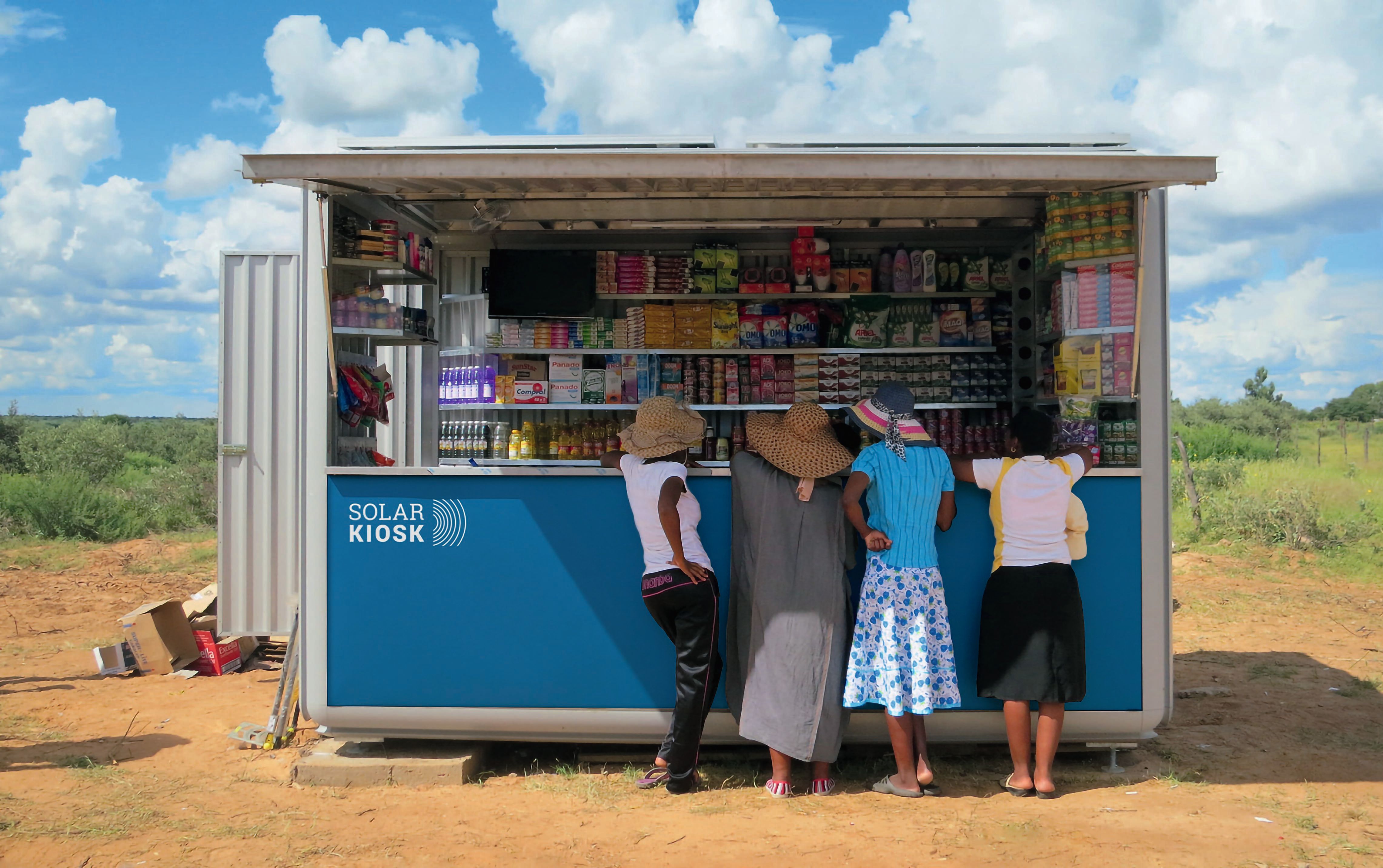
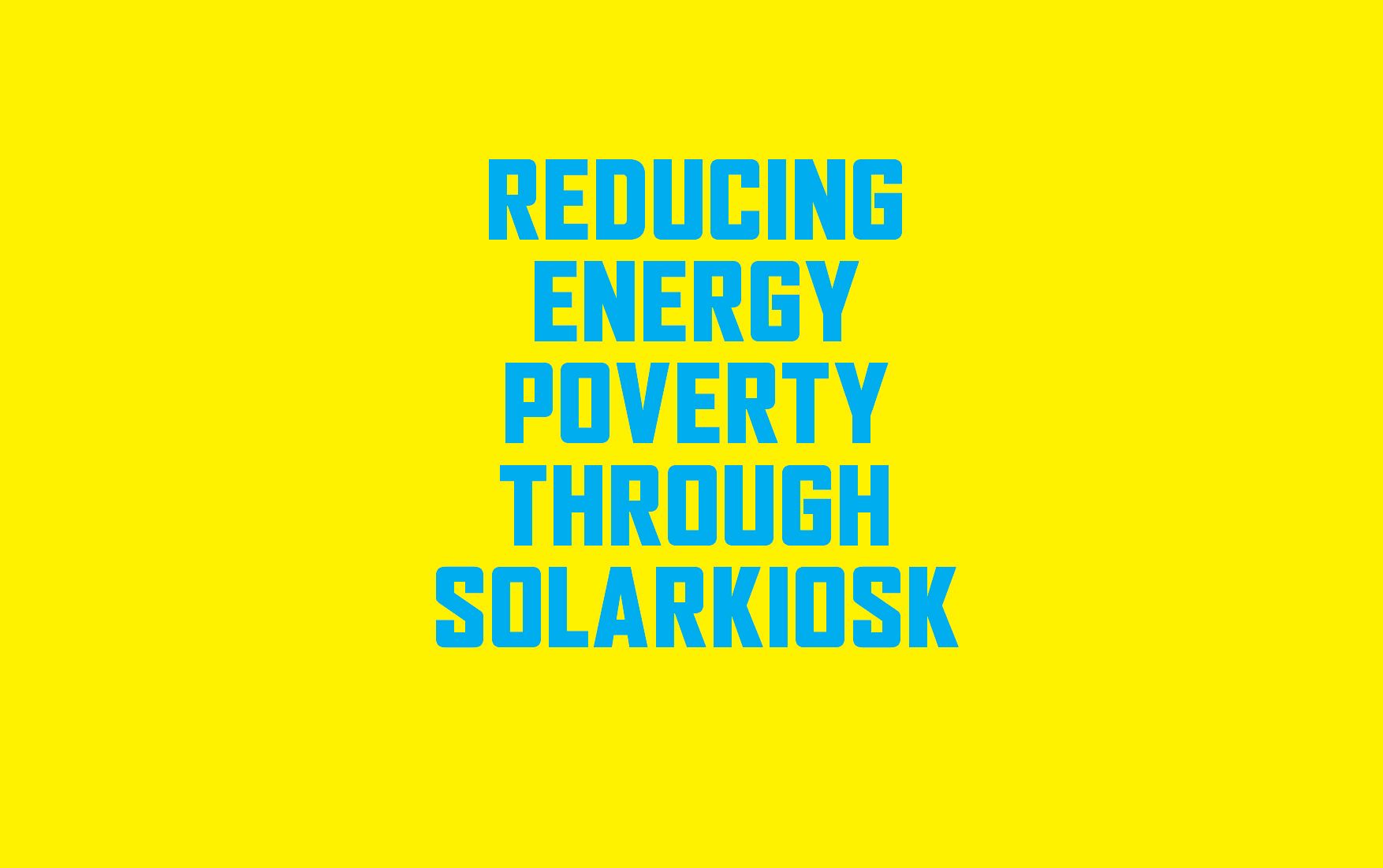
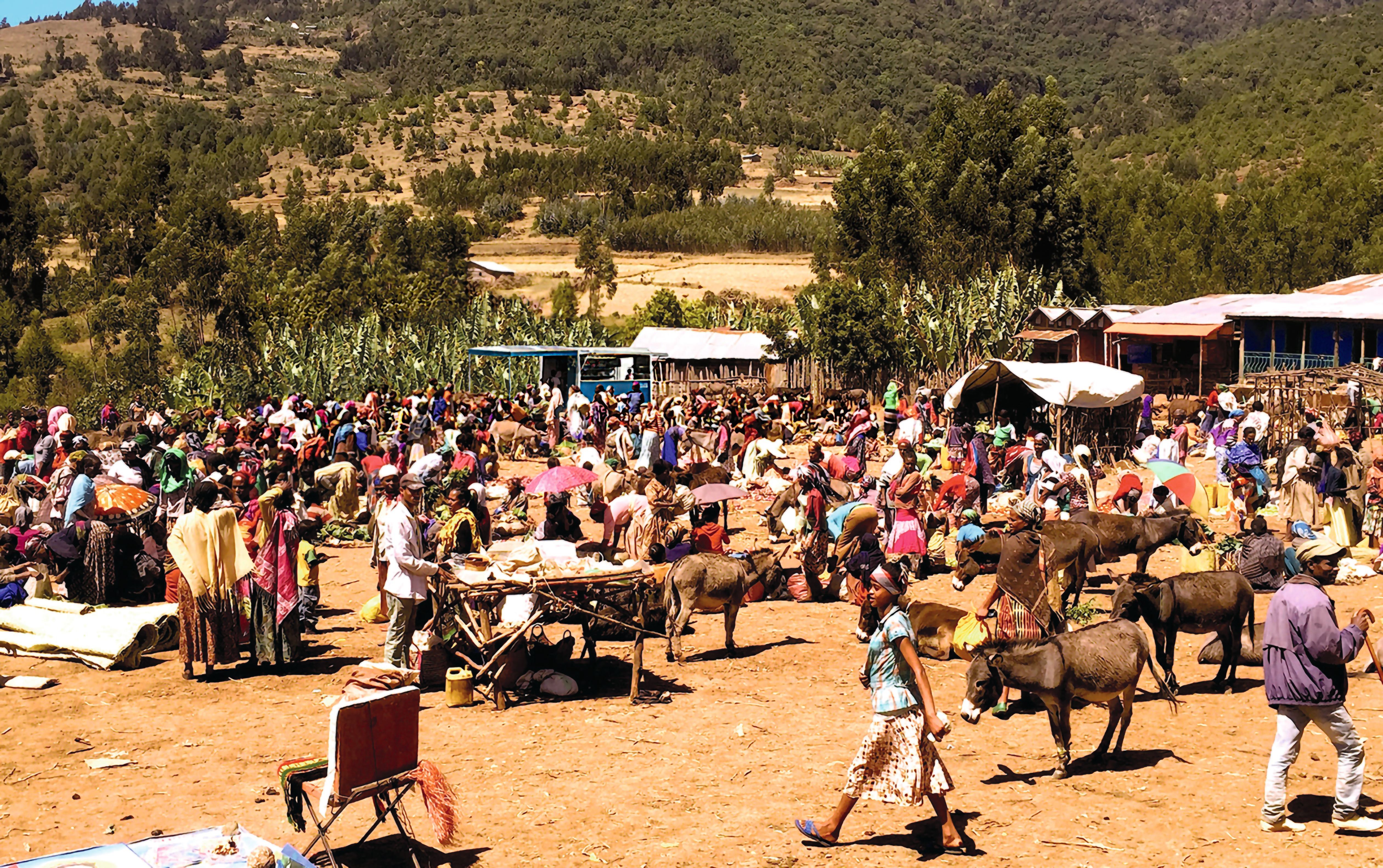
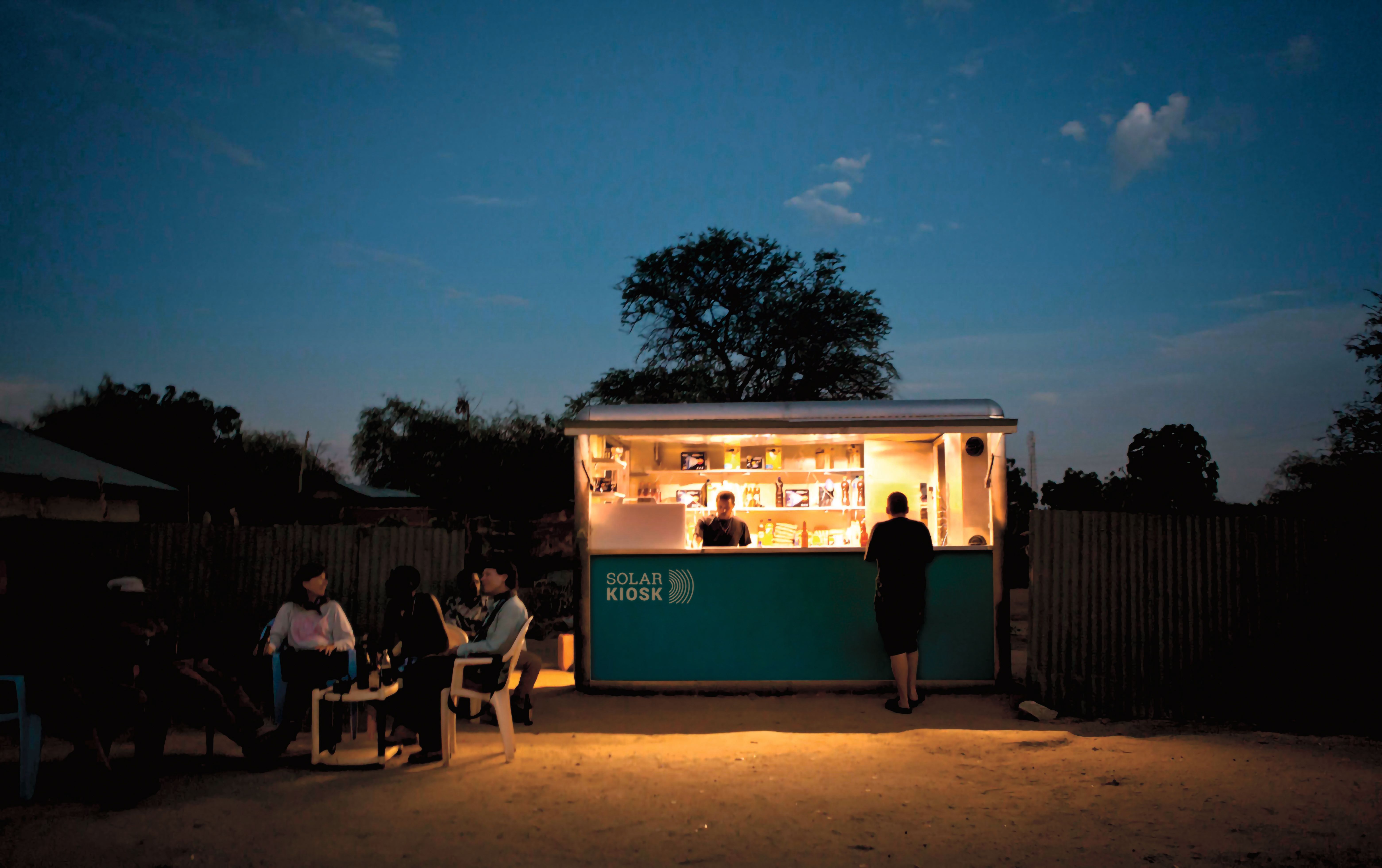
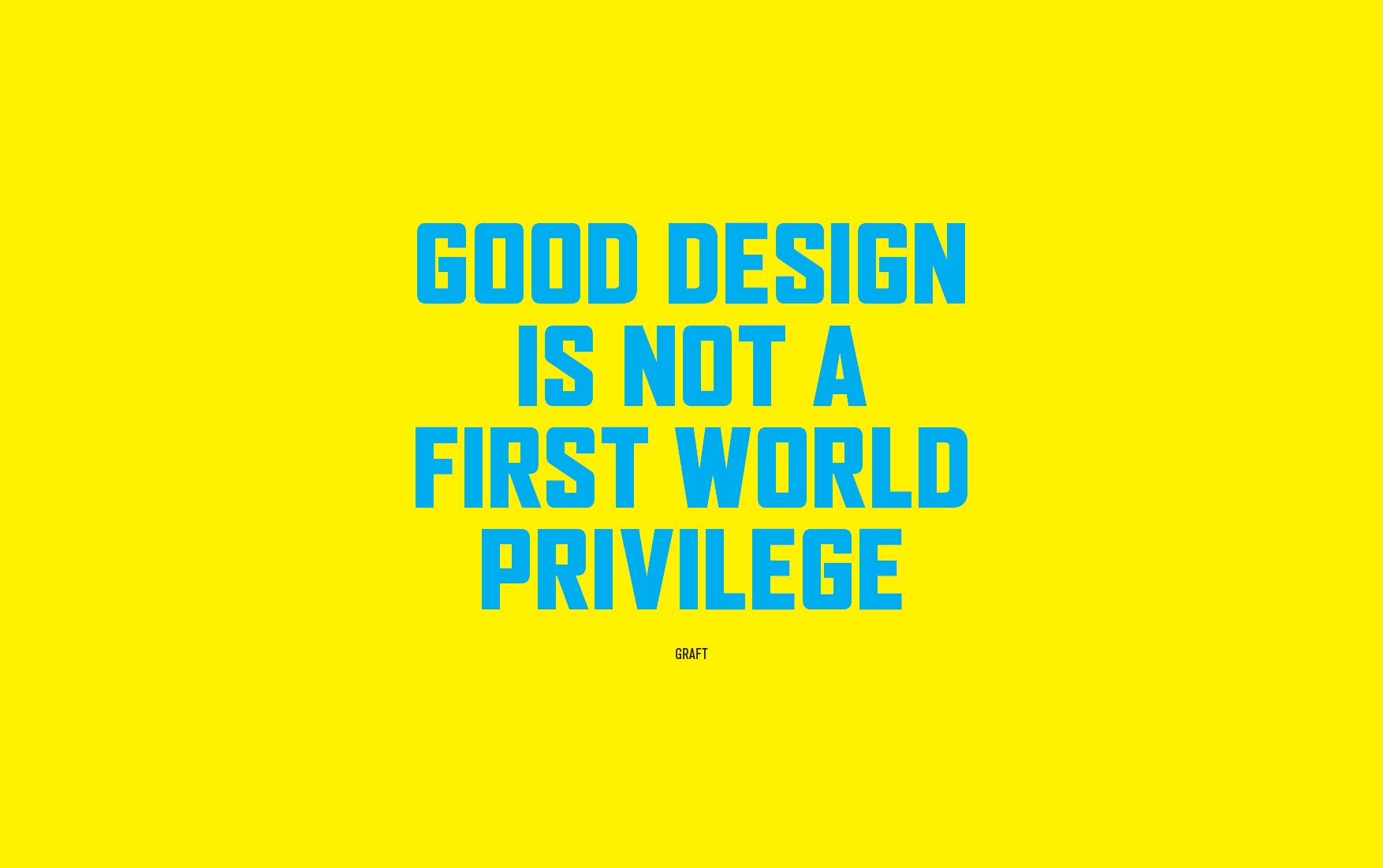
iF Social Impact Prize 2022, polis AWARD 2022: 3rd place, American Architecture Prize 2016: Honorable Mention, Bloomberg New Energy Pioneer Award 2016, Ecosummit Award 2015, Erasmus Energy Business Award 2015, Connected World Awards 2015, ZEIT Wissen Award 2015, German Design Award 2014, Design Award of the Federal Republic Germany 2014: Silver, Bundespreis ecodesign 2013, Siemens Empowering People Award 2013, International Architecture Award 2013, CDG-Unternehmerpreis 2013, Architecture of Necessity Award 2013
For approximately 16% of the world’s population most social and economic activity effectively ceases with nightfall. 1.5 billion people worldwide have to live without electricity – 600 million in Africa alone. Ironically, these “off-grid households” spend on average 40% of their entire income on alternative non-sustainable sources of power, such as kerosene, diesel generators, charcoal and dry cell batteries – a significant hazard for health and environment.
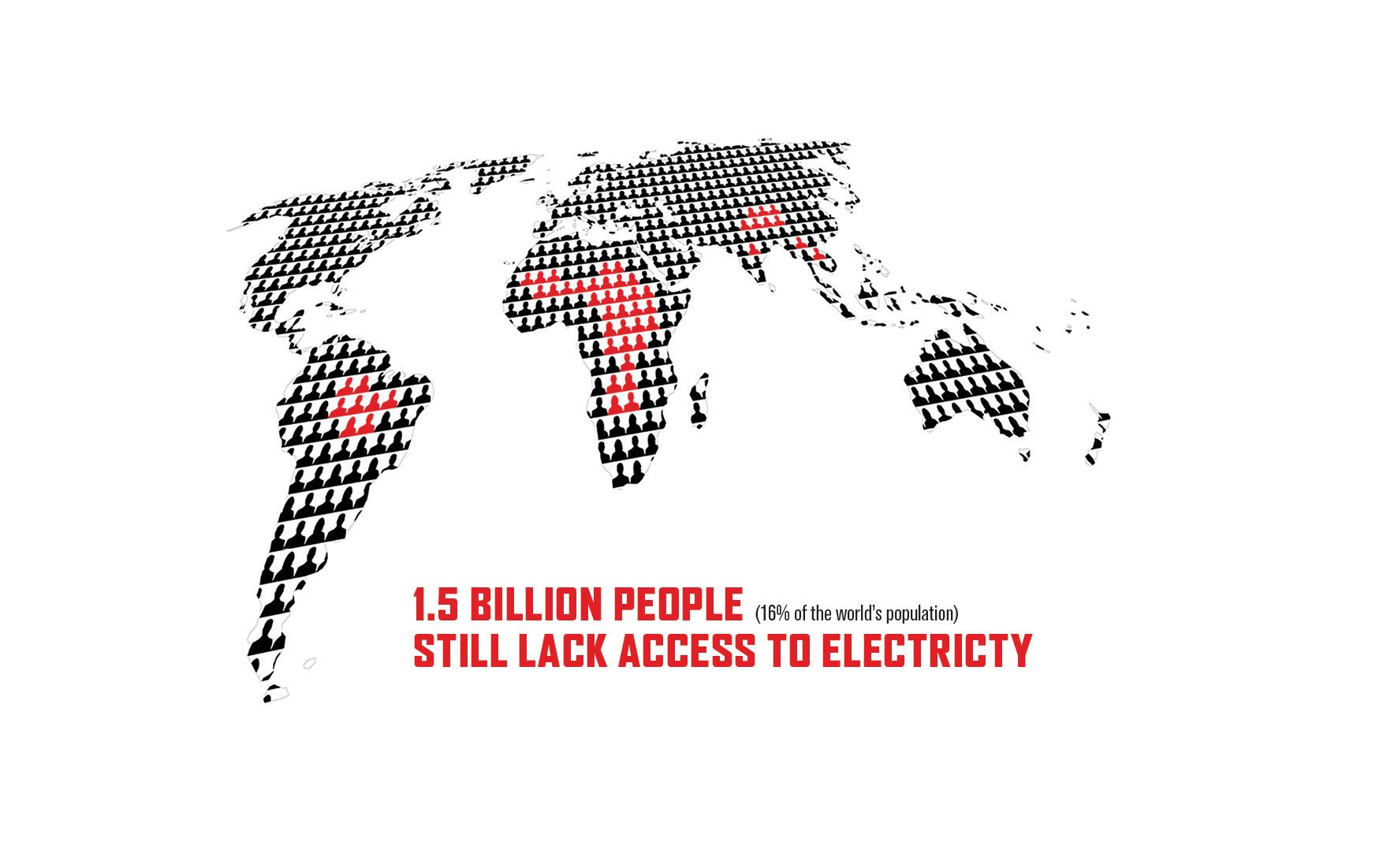
Africa is still the fastest-growing market for telecommunication with millions of new subscriptions every year. Mobile phones are everywhere, but energy is not. In order to have any chance to participate in the world’s future development, remote communities need a reliable, affordable, and clean source of energy!
With SOLARKIOSK, GRAFT and Andreas Spiess have built an infrastructure instrument that can create an impact from the bottom up, cooperating directly with local people and developing their community.
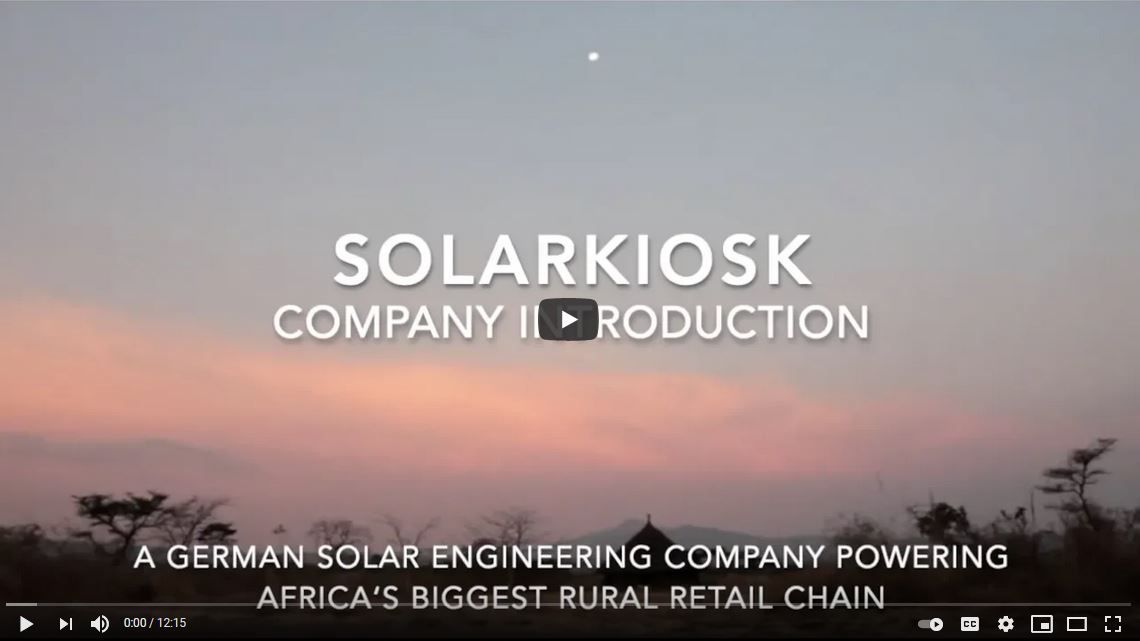
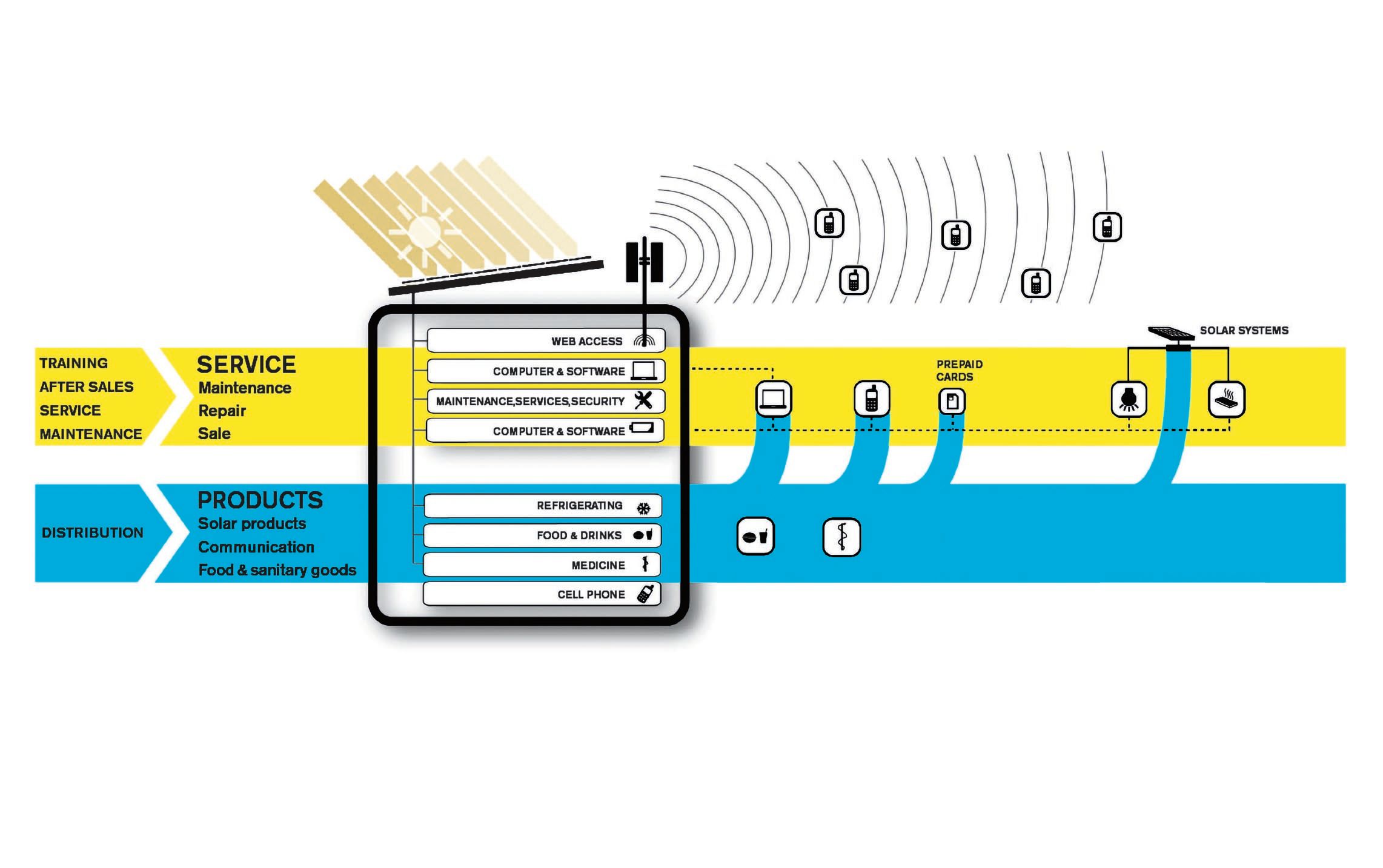

With clean solar energy and an inclusive business model, SOLARKIOSK provides an energy supply, connectivity, and communication even in remote regions. The kiosks give local people the opportunity to acquire new skills and gain economic stability, safeguard their health and the environment, and gain direct access to global markets without censorship or financial control by governments or corporations.
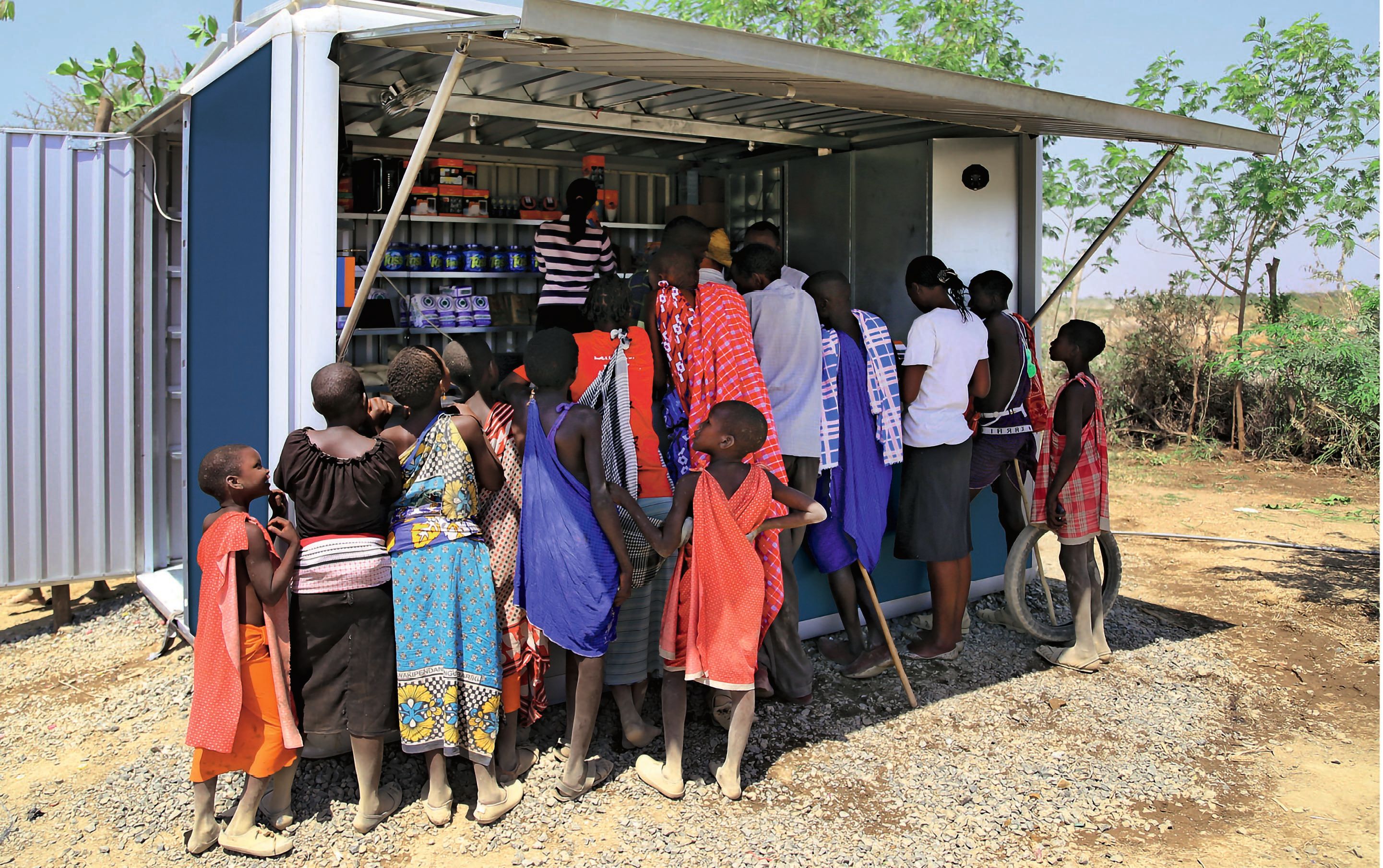
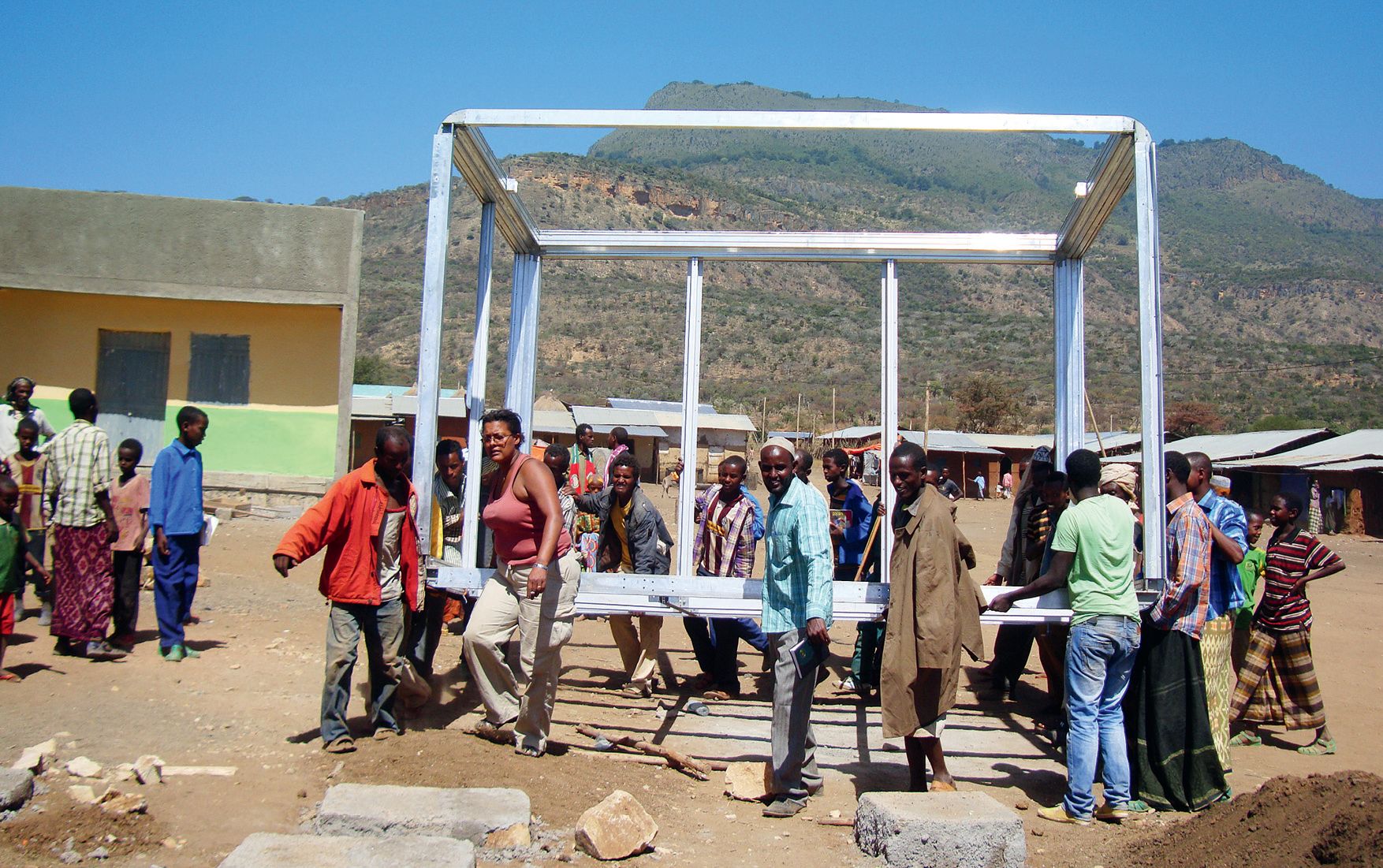
While the electrical components are procured and pre-assembled centrally to ensure quality and durability, all other materials can be manufactured and assembled locally. SOLARKIOSK has established local manufacturing sites in Ethiopia, Kenya, and Ghana, covering both East and West Africa. SOLARKIOSK supports and develops low-income communities and improves the lives of millions economically, ecologically, and socially.
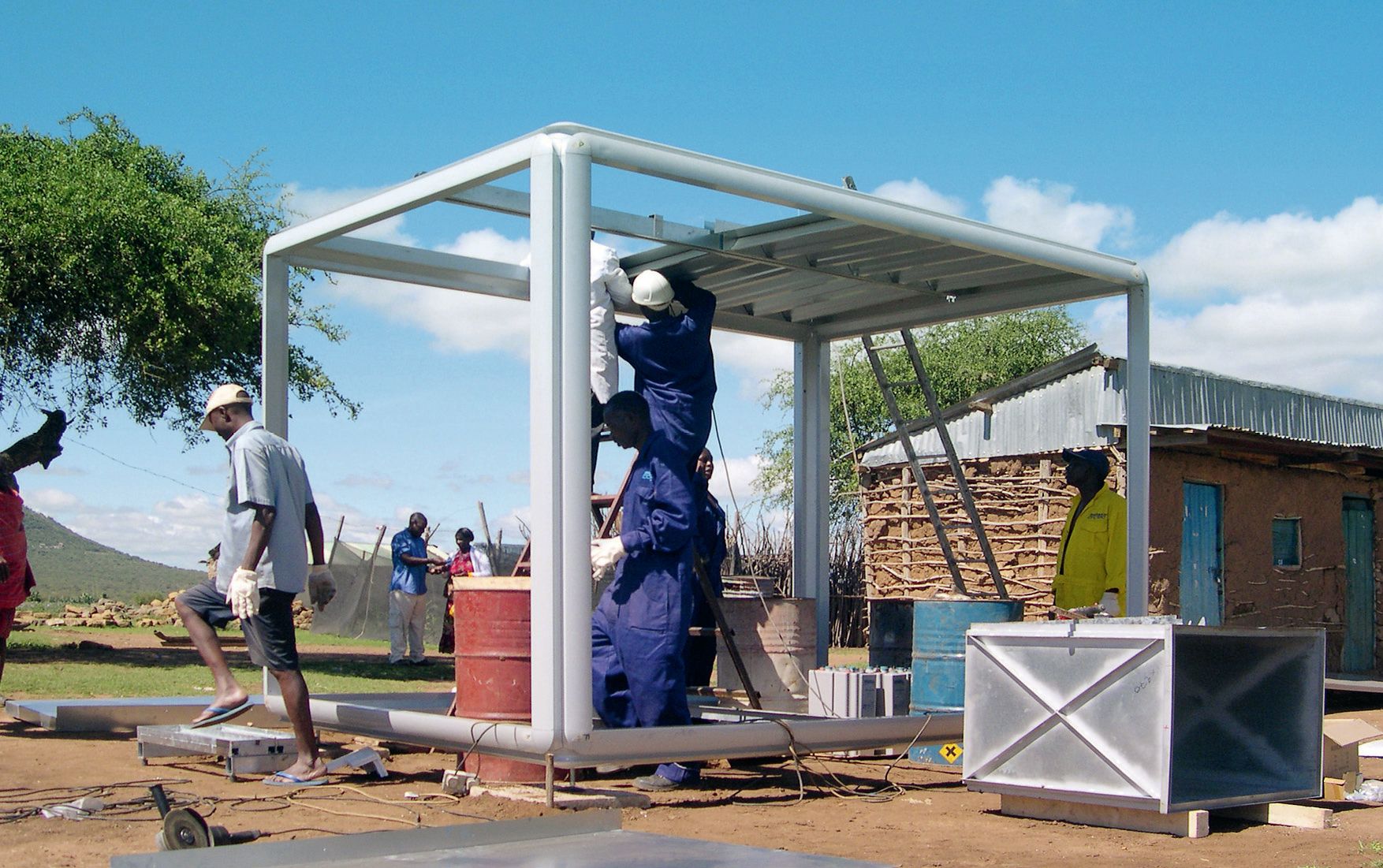
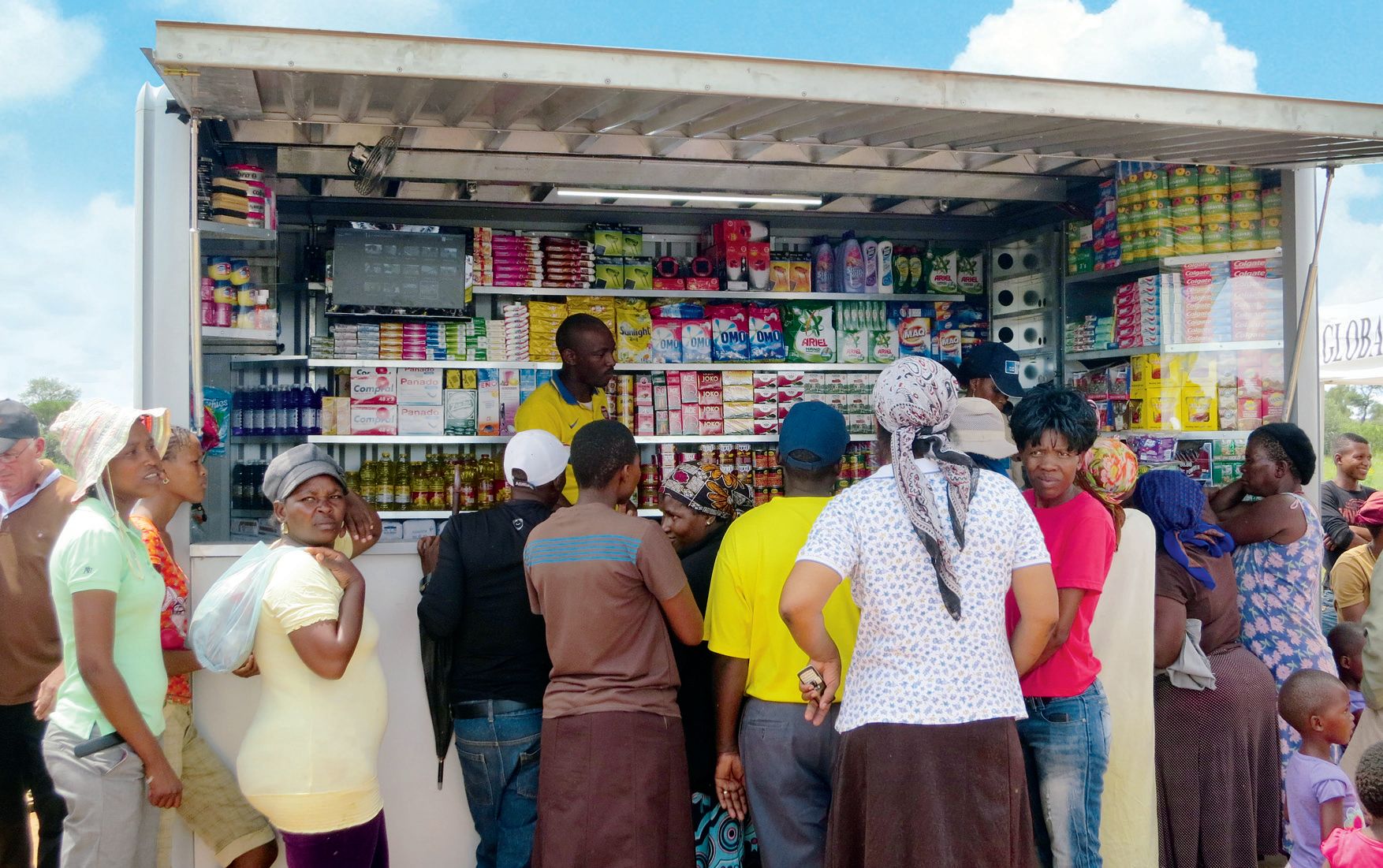
SOLARKIOSK pre-finances each kiosk, implements and maintains the technical setup of the E-HUBB, and systematically trains and educates the operators and their respective employees through its local affiliate. Each kiosk can provides jobs for up to seven locals!
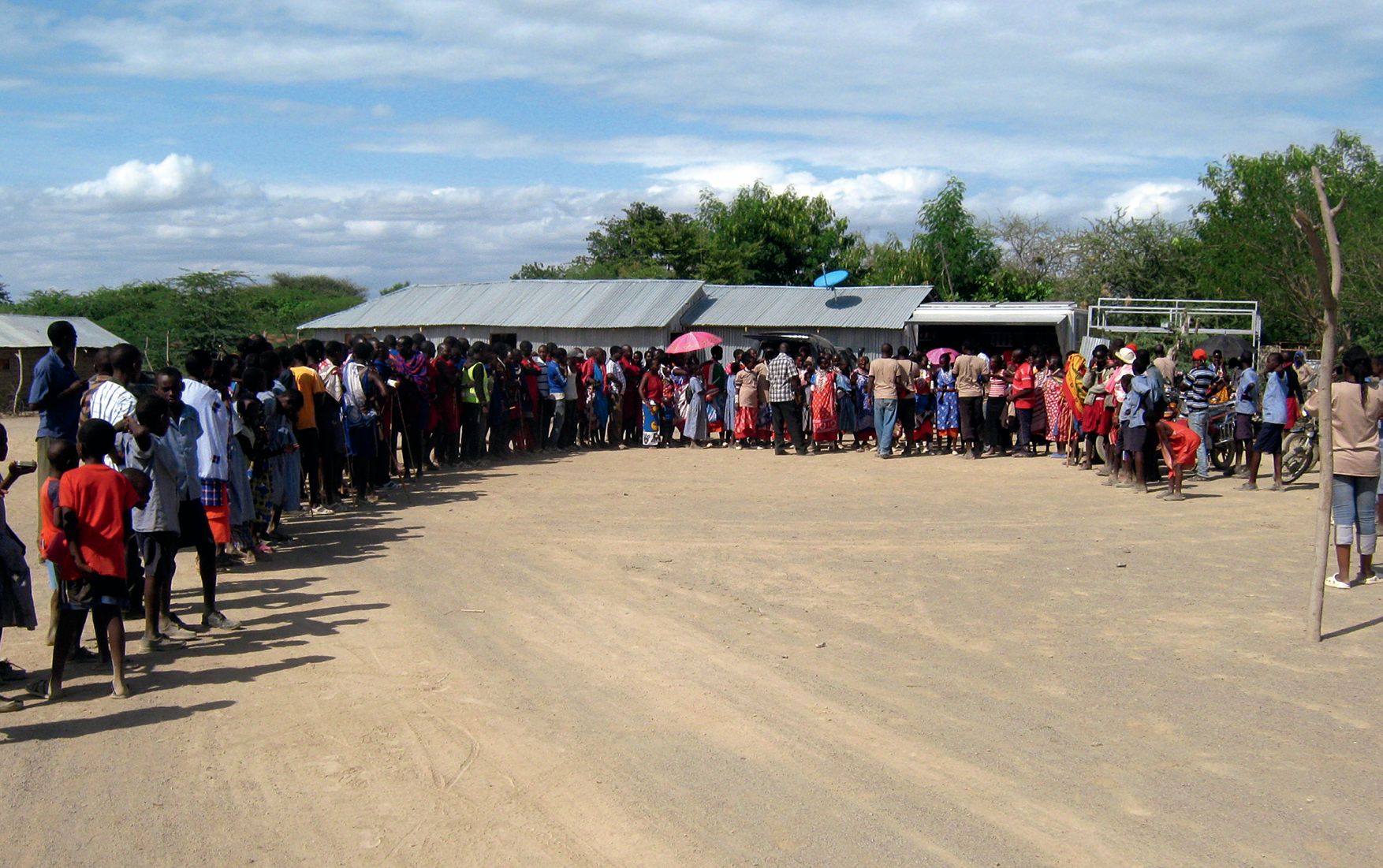
SOLARKIOSK encourages creativity and enables low-income communities to create their own value chains. An operator in Kenya uses the clean energy supplied by the E-HUBB and extended her business to power an adjacent restaurant, a butcher shop (both need solar cooling), and a movie theater.
SOLARKIOSK is currently expanding its business, providing power supplies and space to clients such as telecommunication mast providers, refugee camps, health stations, schools, and other purposes.
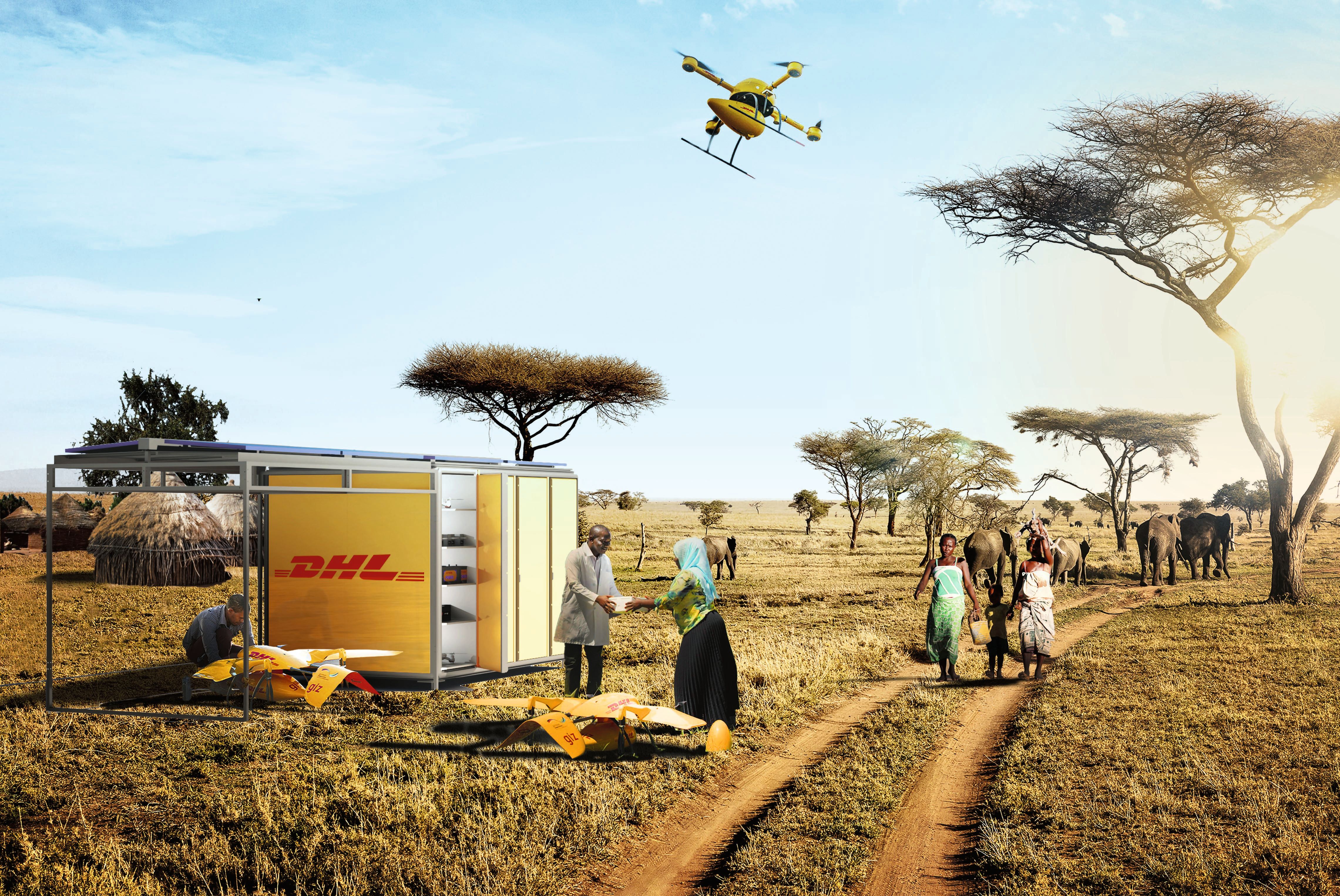
At the African Drone Forum in Rwanda in early 2020, GRAFT and DroneMasters presented a new concept that would enable the fast and easy implementation of a decentralized drone, energy and education network. The idea is to link the existing functions of the SOLARKIOSK with a drone infrastructure to increase rural connectivity in Africa.
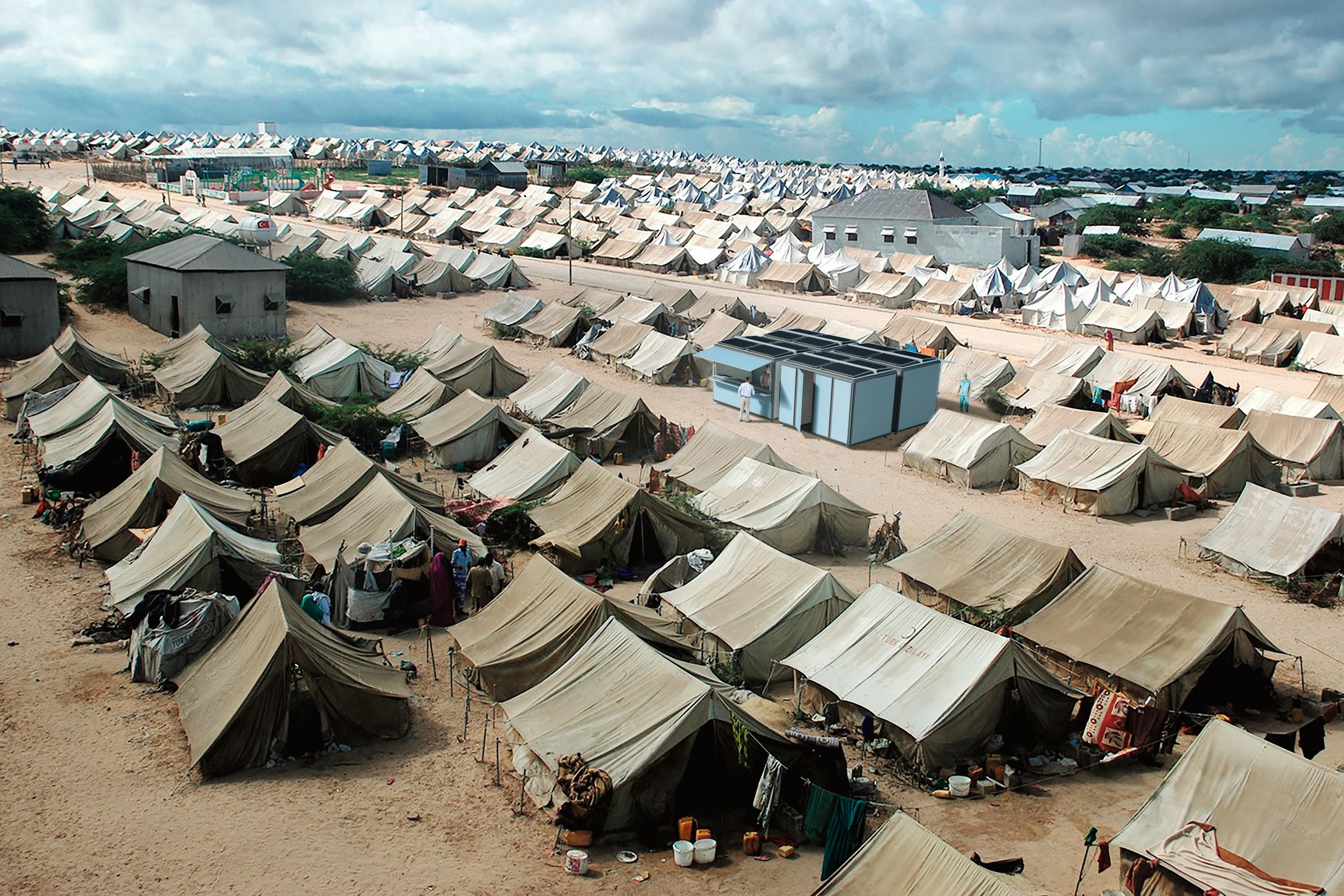
In 2019, Solarkiosk implemented 5 solar clinics in the Kutupalong Rohingya refugee camp in Bangladesh. It is the biggest refugee camp in the world with approximately 550.000 people living there. Especially young women are in dire need of mother-child-care.
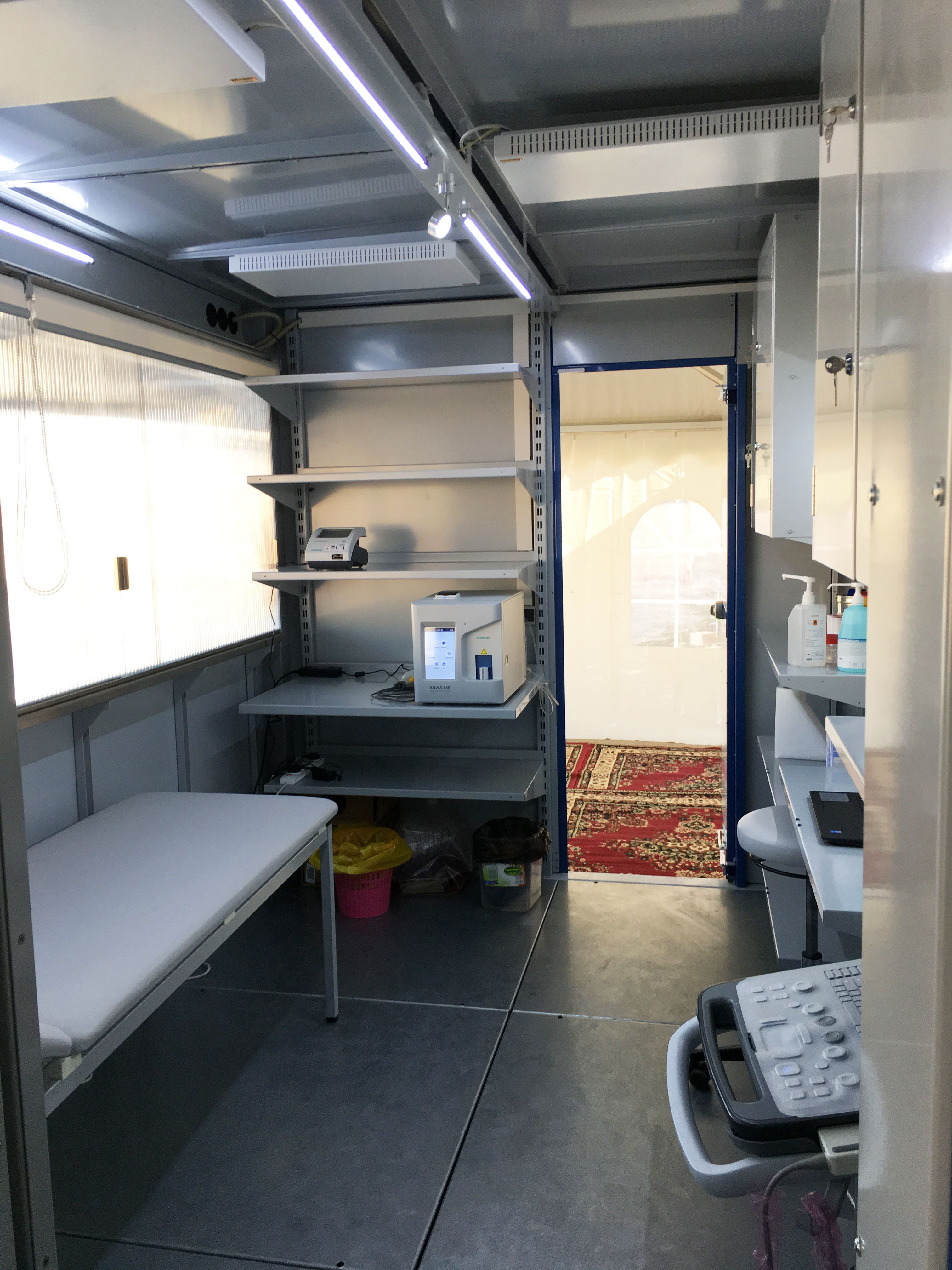
The SOLAR CLINIC was inaugurated in January 2017 – it provides basic health care for refugees and local people in the host community close to Al-Mafraq solely powered by an 8KW independent solar system. The staff is able to treat up to 75 people per day. Syrian refugees, as well as Jordanian citizens, benefit from the possibility of blood and urine testing, services like medical ultrasound, and mother-child-care. Once the Syrian refugees use the facilities of the solar clinic, they are registered for the Jordanian health care system. The clinic has been realized by SOLARKIOSK and the Siemens Foundation. It will be operated by the Jordanian Ministry of Health. It is the first structure of its kind, enabling a superior level of medical services in off-grid settings.
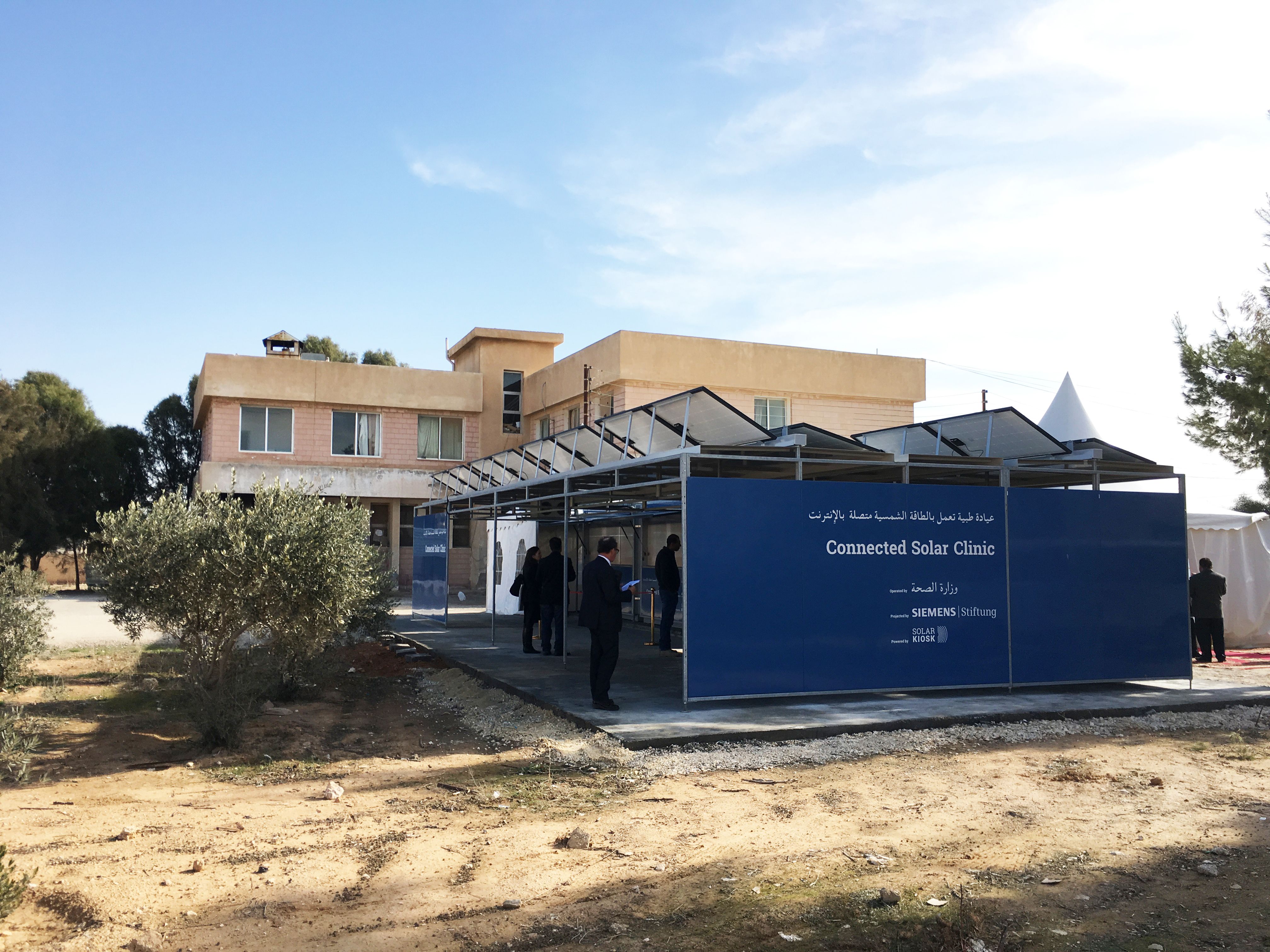
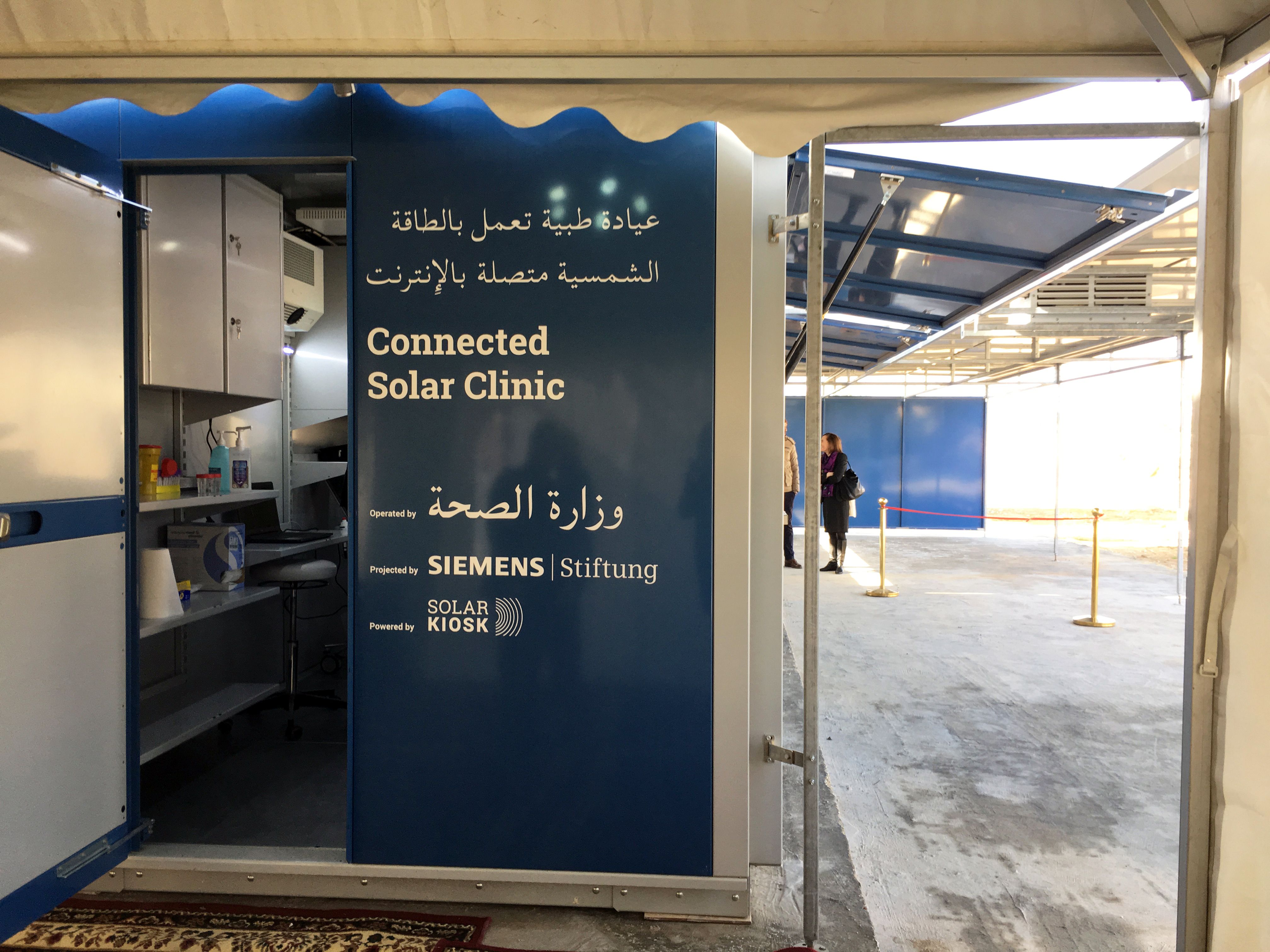
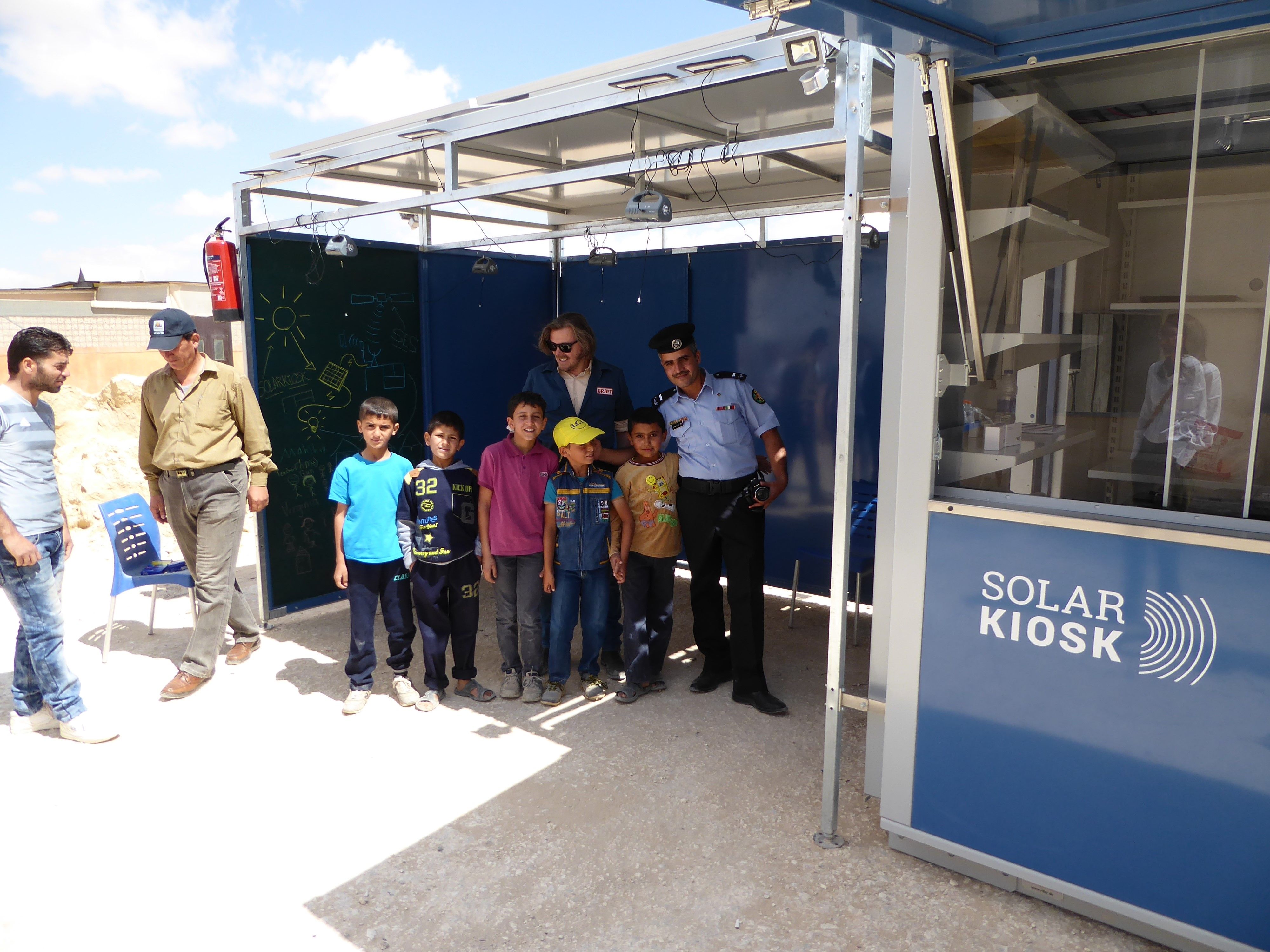
The SOLAR SCHOOL was installed in 2017 in Jordanian Refugee Camp Zaatari, hosting more than 80,000 refugees, among them 25,000 children of school-going age. The connected school will utilize solar energy provided by SOLARKIOSK’s E-HUBB technology to deliver electricity and broadband connectivity enabled by SES’s Astra Connect broadband platform, which in turn enables teachers to use quality e-learning materials sponsored by UNICEF. The E-HUBB interior will become the administrative center for teachers and will have a power node to charge solar lamps, laptops, printers, mobile phones, and tablets. The school, installed by SES and SOLARKIOSK, will improve the quality of education in the refugee camp.
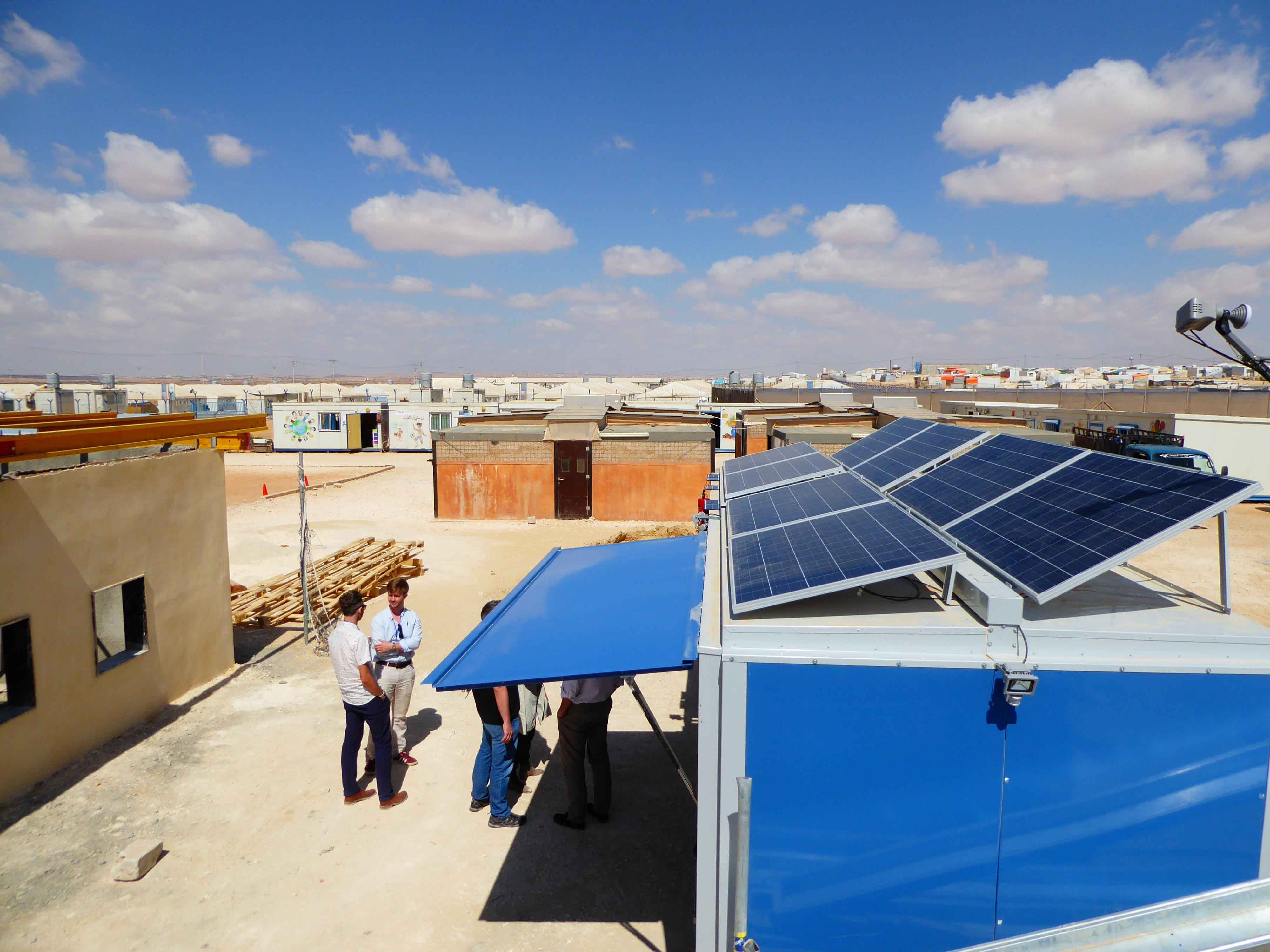
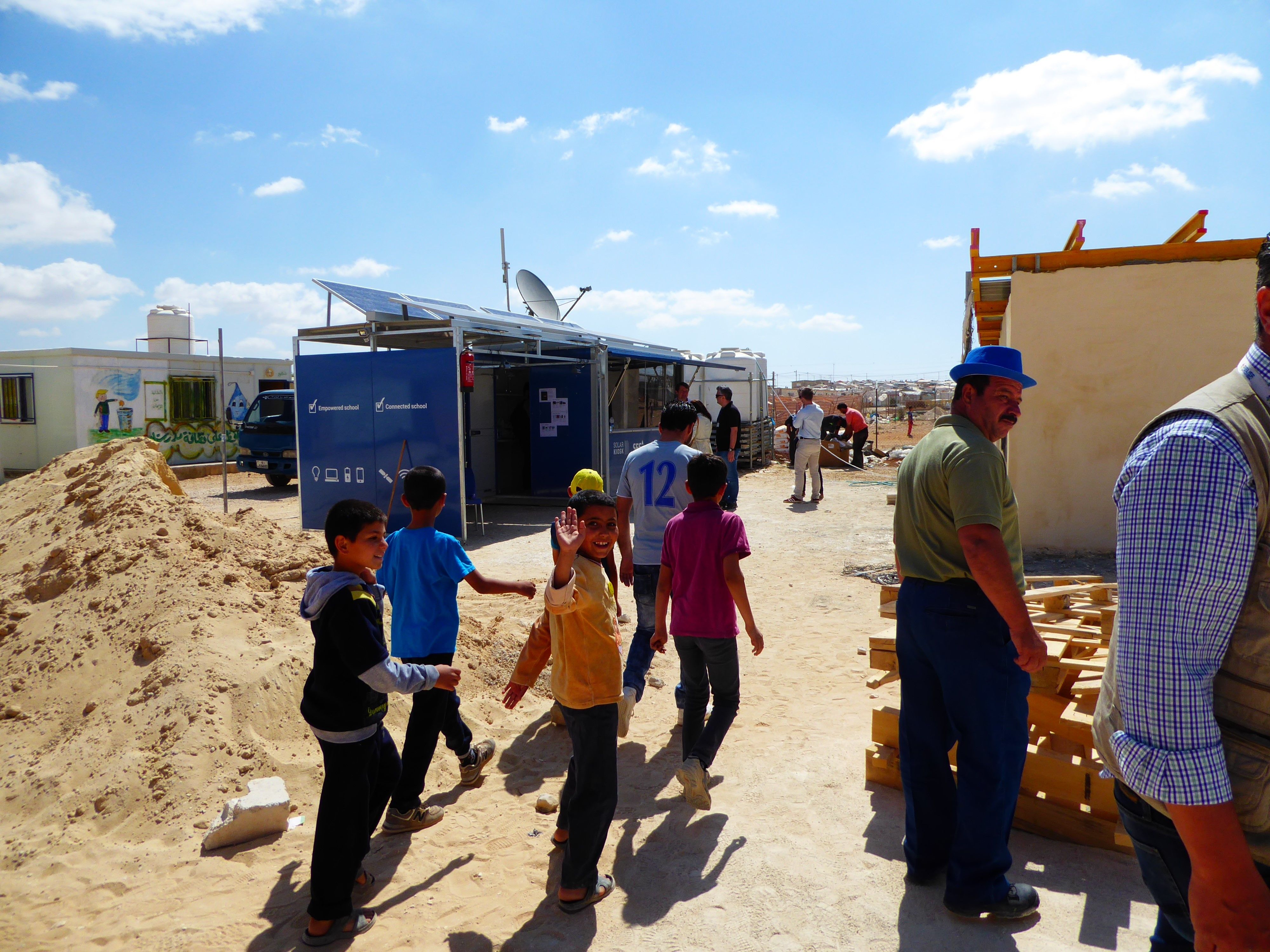
Alessandra Pantuso, Alexandra Tobescu, Alison Liang Fei, Andrea Göldel, Antonio Luque, Antoine Mahiuo, Angi Rehe, Arvid Wölfel, Blaz Solar, Carsten Gauert, David Tyl, Denis Hegic, Filipa Leal de Carvalho, Ioanna Piniara, Johanna Kuntze, Johan Tali, Kudzai Magoche, Marta Piaseczynska-Karaivanov, Patrik Sonntag, Paulo de Araujo, Primoz Strazar, Puja Shafaroudi, Sebastian Gernhardt, Stefanie Götz